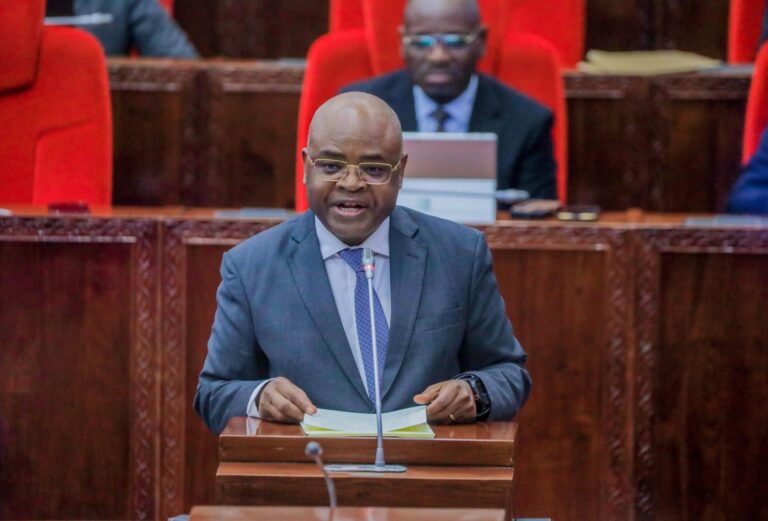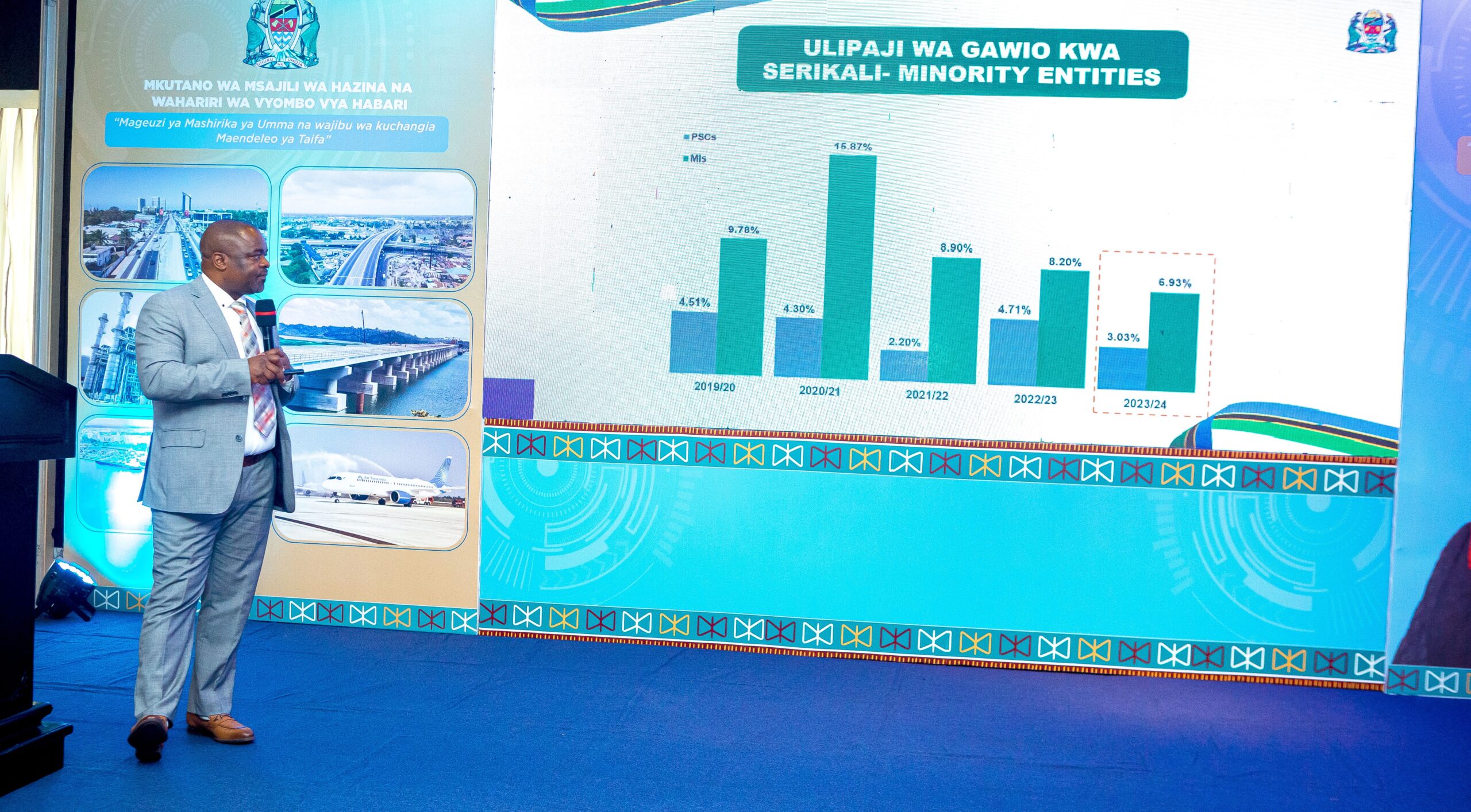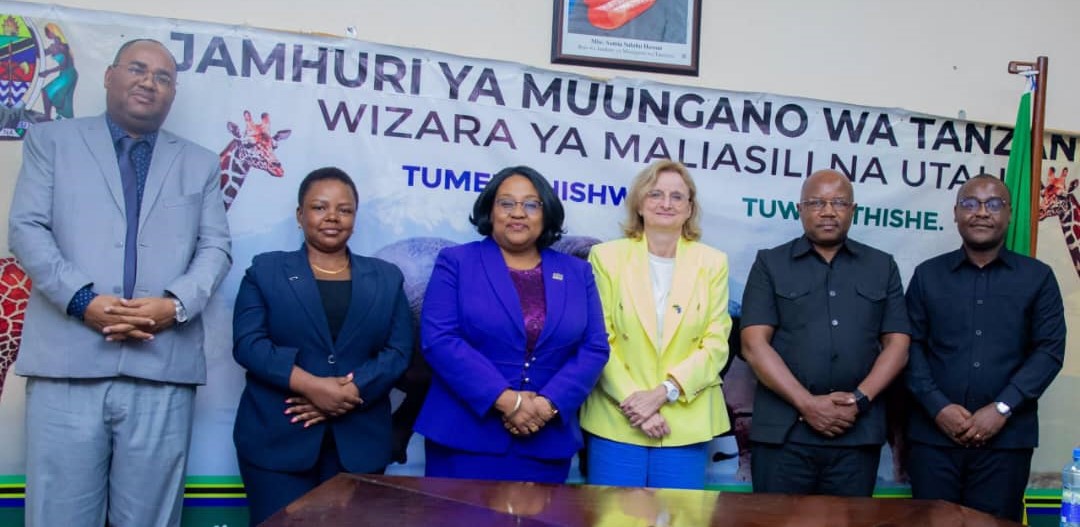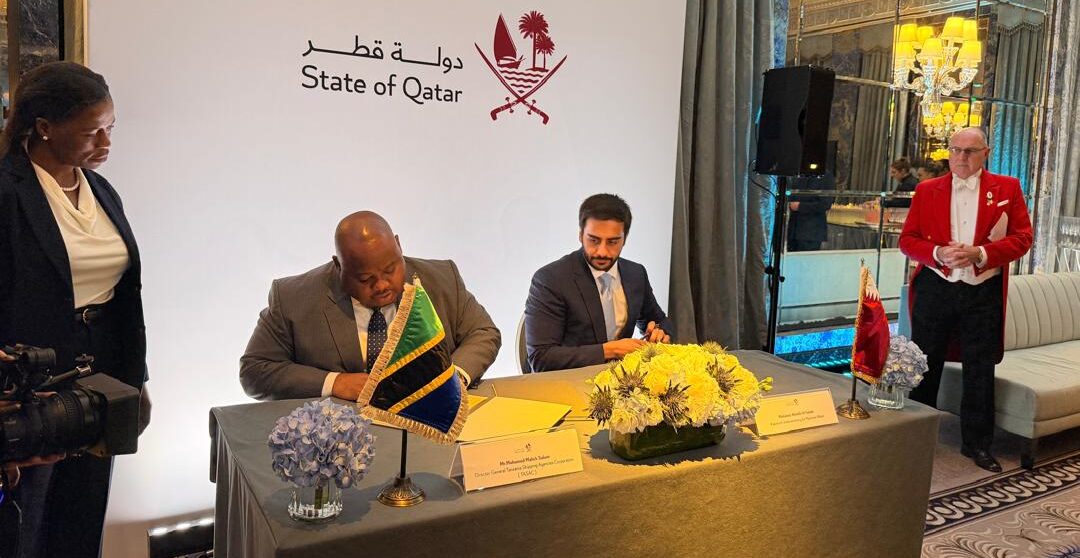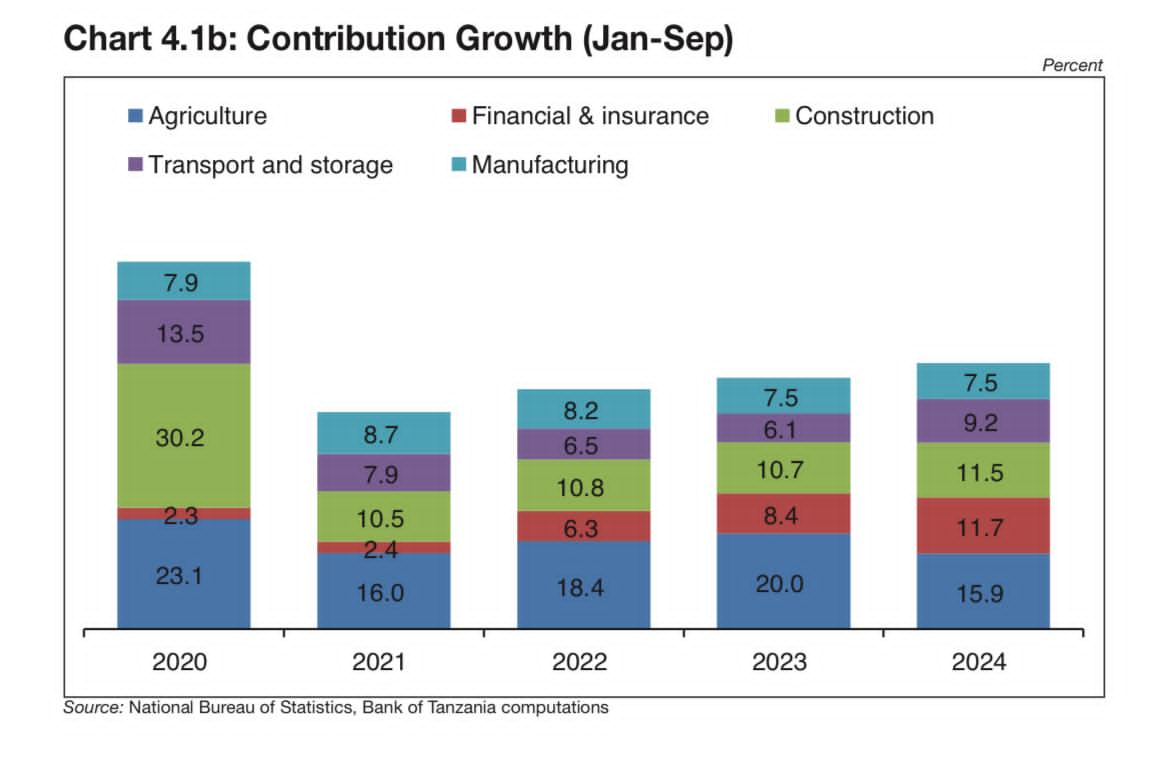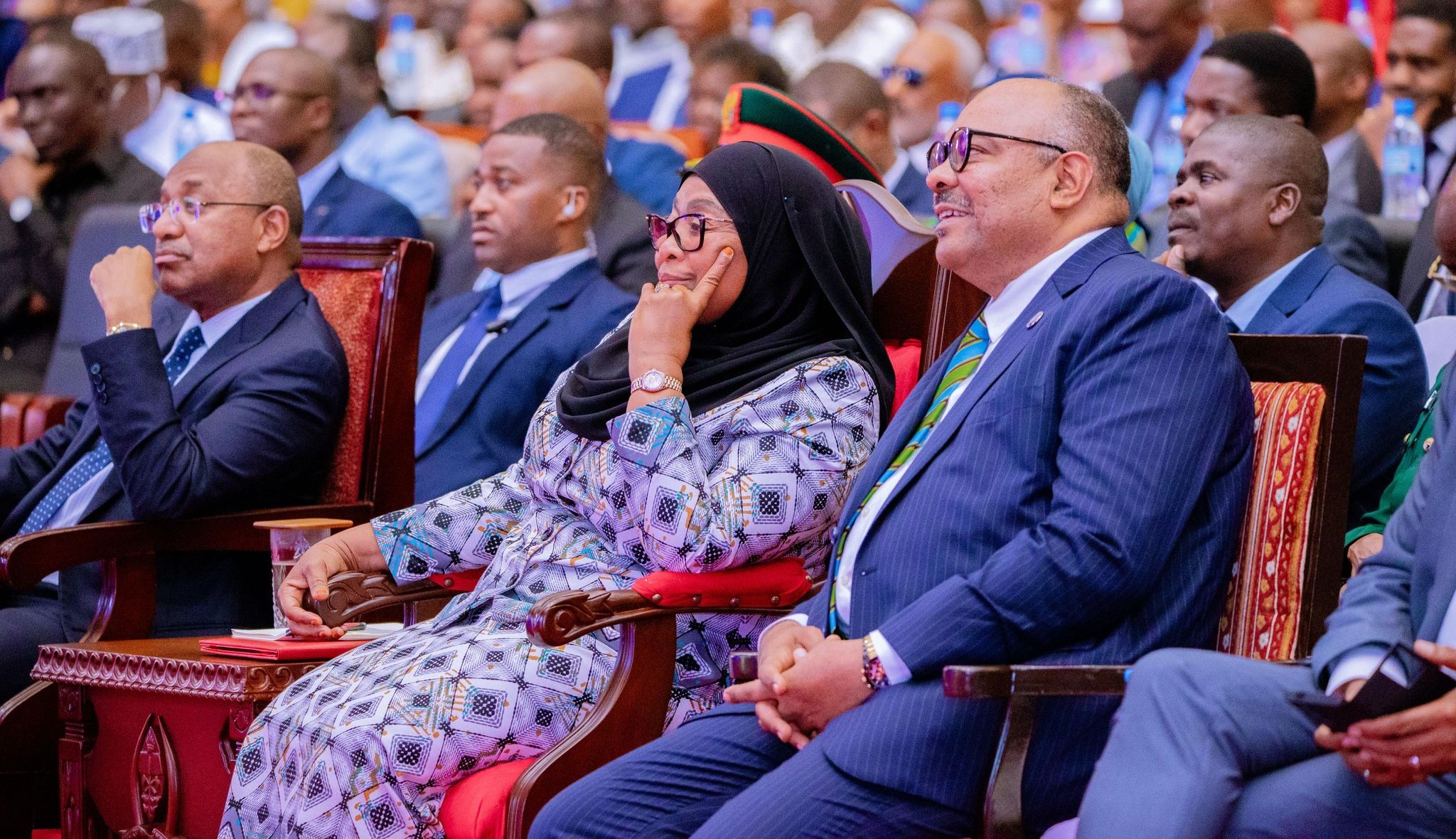Dodoma. The government has presented five key priorities for the Office of the Treasury Registrar (OTR) for the 2025/26 financial year, focusing on improving the efficiency of public institutions, strengthening oversight of public resources, and increasing non-tax revenue.
The priorities were outlined in Parliament on Thursday, April 24, 2025, by the Minister of State in the President’s Office (Planning and Investment), Prof Kitila Mkumbo, as he presented his ministry’s budget proposal for the upcoming fiscal year beginning July 1, 2025, in which he requested Sh148.63 billion to implement various activities and priorities.
Among the key focus areas for the OTR is the implementation of a Long-Term Strategic Plan spanning 25 years, from 2025/26 to 2049/50.
This plan will serve as a guiding framework for public investment, asset management, and economic direction aligned with the national vision.
Minister Mkumbo stated that the government will continue to assess and monitor state-owned assets managed by the OTR, including those privatized—such as farms, factories, residential properties, and plots of land.
“The goal is to ensure these resources are used efficiently for public benefit,” he said.
To boost efficiency, the government plans to strengthen the use of ICT systems to enhance the OTR’s capacity in collecting non-tax revenues.
The office is currently developing a digital dashboard to streamline operations, enable real-time access to data, improve transparency, and enhance management of these revenues.
Public institutions have been urged to allocate budgets for investing in integrated ICT systems to support this initiative.
In the coming year, the OTR will also focus on strengthening the governance of public institutions, subsidiaries, and companies in which the government holds shares.
This will include the use of specific guidelines on the roles of board members, performance evaluations, and the responsibilities of government representatives in partially state-owned institutions.
These guidelines include the Treasury Registrar’s Circular No. 1 of 2023, the Government Expectations and Roles of Board Members Manual, the Board Performance Evaluation Framework, and the guidelines for the representatives in the Minority Government Shareholding Institutions.
Furthermore, the OTR will prioritize capacity building for its staff to improve productivity and efficiency in service delivery.
On revenue collection, the government, through the OTR, aims to collect Sh1.56 trillion in non-tax revenue during the 2025/26 fiscal year.
This marks an increase from the Sh1.113 trillion approved for the 2024/25 fiscal year.
The revenue will come from sources such as dividends from public corporations, 15 percent contributions from gross revenues, income through the TTMS system, loan repayments, interest, and other returns.
As of March 2025, a total of Sh664.53 billion had been collected—representing 60 percent of the annual (2024/25) target and 86 percent of the target for that specific period.
This progress was largely attributed to the government’s enhanced ICT systems, which integrated key platforms such as PlanRep, ERMS, e-Watumishi, and improvements in the MUSE system.
Prof Mkumbo noted that these reforms have enabled better access to accurate data on revenue and expenditures, thus improving transparency, accountability, and efficiency in the management of public finances.
“We are confident that the 2024/25 revenue target of Sh1.113 trillion will be met, especially with a significant portion expected to be collected in the fourth quarter,” he told the Parliament.

